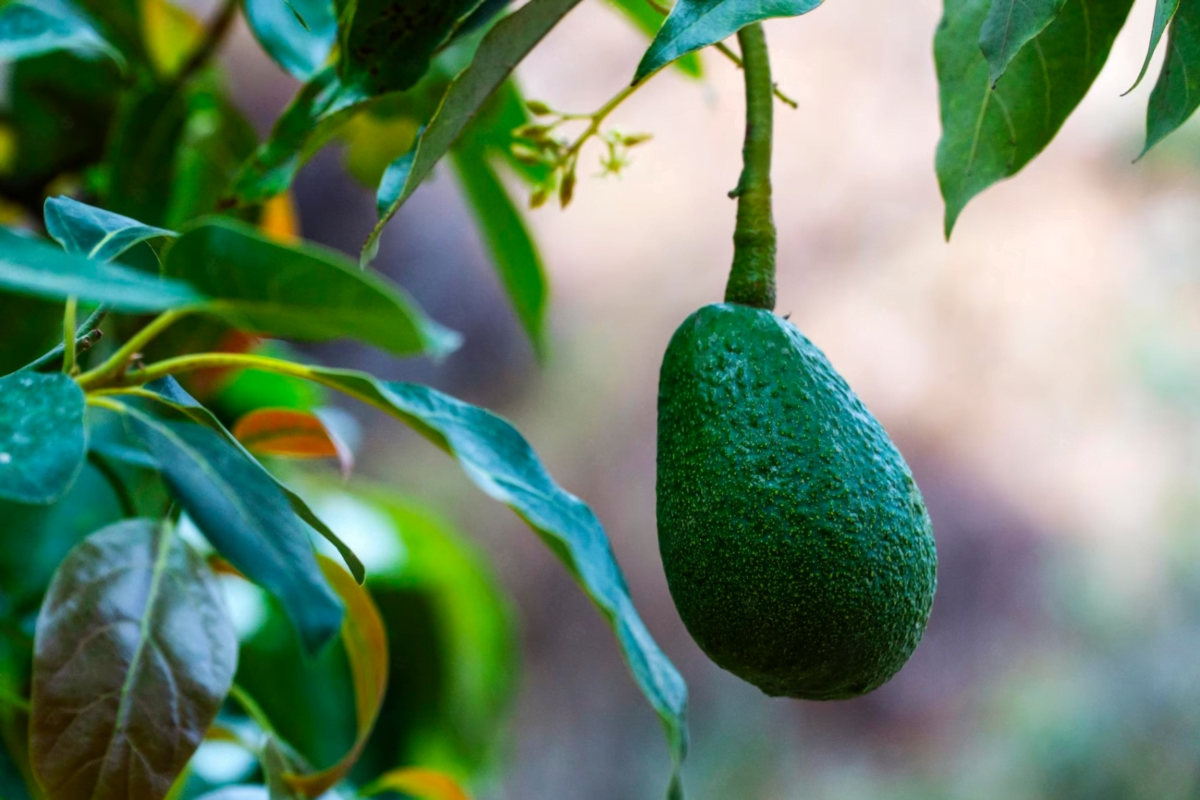Kenya Tops African Countries in Avocado Production as Global Avocado Trade Continues to Thrive Amidst Growing Competition and Sustainability Drive

The avocado trade is experiencing a significant boom, with the market witnessing robust growth over the past decade. As per the latest RaboResearch Report, the increasing demand for avocados, driven by their attractive product attributes, combined with higher profitability, has led to a surge in global production and trade. However, the soaring popularity of avocados has also intensified competition, prompting industry players to focus on efficiency and sustainability.
Avocado production has expanded by approximately 7% globally in the last ten years, with key regions like Mexico, Colombia, Peru, and Kenya leading the charge. Mexico, the largest avocado-producing country, has seen a 6% increase in production, accounting for 30% of the global output. In tandem, Colombia, Peru, and Kenya have experienced production growth rates of 15%, 12%, and 11%, respectively, collectively contributing 27% to global production. Notably, the United States, while previously a top 10 producer, has slipped in the rankings.
One crucial factor contributing to the year-round availability of avocados in key markets like the US, the EU, and some Asian countries is the complementary harvesting seasons of these countries. While Mexico maintains year-round production, it experiences a seasonal low in June and July when other major producers, like the US (California) and Peru, step in, ensuring a steady supply to the US market.
Mexico retains its position as the largest exporter, with exports growing at an average annual rate of approximately 8% over the past decade, surpassing 1 million metric tons in 2022. The primary destination for these exports is the US market, which continues to be the largest importer of avocados globally, witnessing an 8% increase in imports from 2012 to 2022. Moreover, countries like Peru, Spain, and Kenya have also seen significant growth in exports, primarily supplying the European market.
The commercial market value of fresh avocados reached an estimated USD 18 billion in 2022, and experts believe there is still ample room for growth, especially in regions with lower per capita consumption. Mexico and Chile lead in per capita avocado availability, with approximately 9kg and nearly 8kg of fresh avocados per person per year, respectively. Australia and the US also show considerable consumption, each with over 4kg per capita.
However, amidst this success story, sustainability concerns loom large, with water usage being a crucial issue for avocado producers. Recognizing the importance of preserving natural resources, avocado growers have been investing in advanced irrigation systems to enhance water efficiency.
In a significant development, the UN FAO has recognized Kenya as one of the major players in the global avocado industry, ranking among the top 15 avocado-producing countries. With a current production of 417,000 metric tons, Kenya leads other African countries and is set to boost production further by tapping into the Indian market. The country aims to double its avocado production in the next five years, with plans to expand farming land to over 50,000 hectares.
Kenya’s avocado production is not fully commercialized yet, with a substantial portion being grown by small-scale farmers for domestic consumption, local markets, and exports. However, there is a growing trend among farmers in regions like North Rift and South Rift to shift from traditional cash crops like maize and wheat to avocado farming due to its lucrative returns.
As the global avocado trade continues to thrive, it becomes essential for industry players to strike a balance between meeting the escalating demand and adopting sustainable practices. By embracing efficient technologies and environmentally responsible methods, the avocado industry can not only remain competitive but also contribute to a greener and more prosperous future.
Eagmark is proud to bring you this comprehensive report on the booming global avocado trade, combining insights from top agriculture economists, industry experts, and UN FAO data. Enroll to the Eagmark Avocado Production Course for more insights and comprehensive understanding of avocado cultivation and management.



